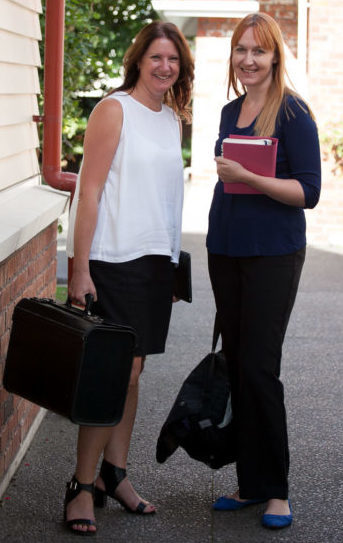The MMPO was established by the College to provide LMC midwives with a supportive practice management and quality practice system.
As a provider organisation, the MMPO is focused on providing services that support you and streamline the practice management of your caseload including:
- Section 94 of the Pae Ora Act 2022 (Section 94) claiming via the Ministry of Health (Ministry), including claiming in relation to complex/exceptional pregnancies
- 8 business day turnaround for payments
- support and facilitation in resolving and resubmitting claims rejected by the Ministry
- whether you claim electronically or manually by using the MMPO Maternity ‘Pink’ books, all necessary information for clinical care and health payment claiming is captured. Full or partial maternity claims are generated automatically from the information you enter
- disbursements to your back-up midwife
- reports for Midwifery Standards Review
- An IT Help Desk with on-line training sessions and technical support of the electronic system available weekdays from 7am to 7pm
- statistics, voluntary bonding and other practice reports
- Clinical data supplied to MMPO is aggregated and anonymised to provide annual reports which describe midwifery practice and support maternity service development
